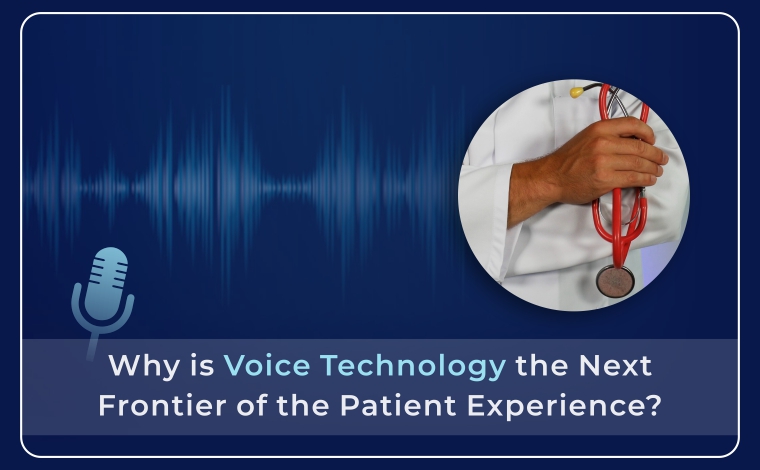


Voice technology is quickly becoming the next big thing in self-service healthcare, offering a more “human” experience that allows users to find information rapidly without needing to navigate complex interfaces. While we are still in the early stages of exploring its potential, the benefits for both practitioners and patients are significant, particularly for the elderly, disabled individuals, those with chronic conditions, or residents of rural areas.
Key applications of voice technology include managing diseases—like tracking symptoms, journaling, and ensuring medication adherence—as well as collecting data and reducing costs. In the future, we might even see advancements in diagnostic tools that utilize voice biomarkers, such as tone, inflection, and breathing patterns, to identify abnormalities. Like any new technology, voice solutions must address specific business challenges, such as engaging patients between appointments, enhancing access for those in clinical trials, and improving overall treatment outcomes.
Healthcare organizations are investing in innovation hubs, staffed with executives like chief information officers, chief digital officers, and tech-savvy chief nursing officers. These individuals focus on exploring the technology landscape for new use cases that meet genuine customer needs.
While Apple’s iPhone exemplifies a product-centric model where consumers may not realize they need it, we must find a balance between pioneering new technologies and being responsive to market demands rather than merely testing dream concepts. One of the most promising applications for voice tech lies in tracking symptoms for patients with chronic illnesses, who typically see their doctors only every few months. Voice assistants can help log symptoms and remind patients to take their medications or schedule their next appointments. Some hospitals are even trialing automated interactive calls using voice technology, since even the most highly trained clinicians still face numerous administrative responsibilities.
Advanced voice assistants that utilize language processing can grasp the context of conversations between doctors and patients, enabling them to automatically generate patient notes. Others allow physicians to dictate their notes through speech-to-text functionality. Research shows that patients interacting with virtual assistants tend to retain information better than those who read traditional pamphlets. As voice analytics and speech recognition technologies continue to evolve, we can expect to see shifts in how people search for information.